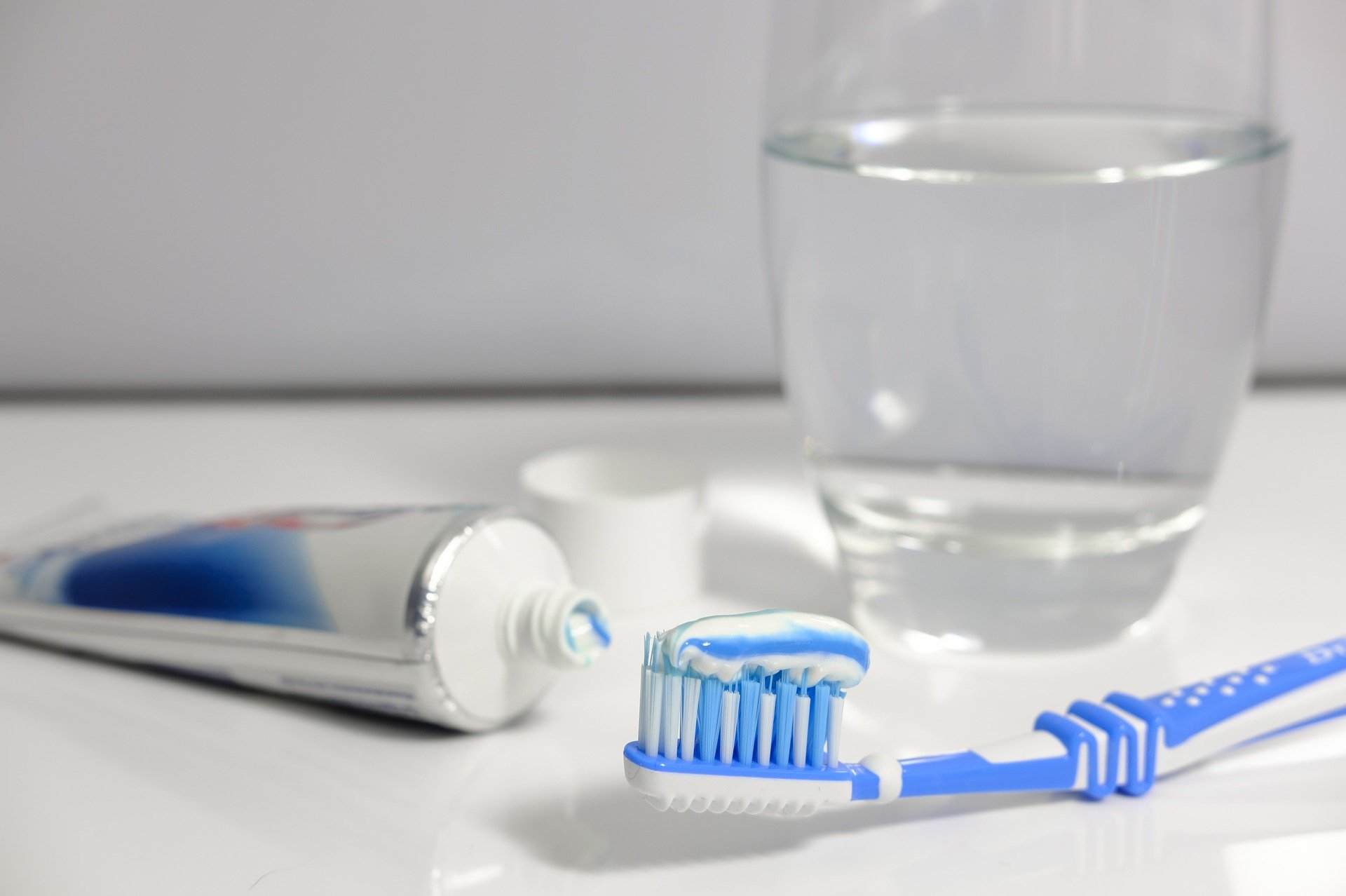
Nutrition and Oral Health: How Are These Related?
November 18, 2018
What is Halitosis?
January 24, 2019
Does Fluoride Prevent Tooth Decay?
Fluoride helps prevent tooth decay by slowing the breakdown of enamel and increasing the rate of the remineralization process. The new enamel crystals that form are harder, larger and more resistant to acid. Tooth enamel is hard yet porous. Plaque on the surface of your teeth can produce acids that seep into the pores (rods) of the enamel and break down its internal structure.
This process, called demineralization, can create a weak spot in the tooth that may become a cavity if left untreated. Learning what fluoride does for the health of your teeth will help you become more aware of how to identify plaque and prevent it from becoming a cavity.
Common fluoride sources are fluoridated drinking water, toothpaste and some mouth rinses.
Fluoride Toothpaste
Toothpastes containing fluoride help prevent cavities in both children and adults. To help strengthen weak spots and exposed roots, and to help prevent the early stages of tooth decay, brush regularly with a fluoridated toothpaste.
- You should always supervise your children when they’re brushing their teeth.
- Children under the age of 6 should only use a “pea size” dab of toothpaste when it contains fluoride.
Fluoride Mouthwash
Rinsing your mouth with mouthwash that contains fluoride is another way to help protect you and your family from cavities.
- There are many brands of mouthwash that now contain fluoride available.
Water with Fluoride
Adding fluoride to your drinking water is one of the easiest and most cost-effective methods of protecting children and adults from tooth decay.
- Not certain about the fluoride levels in your water system? Inform your dental professional if your drinking water is not fluoridated. He or she may recommend that you use high-concentration fluoride treatments.
- If your water does not contain fluoride, your dental professional may recommend prescribing fluoride tablets or drops for you and your family to help protect your teeth from cavities.
- Fluoridated water is a great substitution for soft drinks as it helps protect your teeth while minimizing the damage done to them through sugar intake at the same time.
- Bottled water may not include fluoride so while it may seem like the safe thing to do now, think about the fluoride you will be missing from your tap water.
Fluoride plays a key role in the health of your teeth, and now that you know of its importance, you can include it with more regularity to your oral care habits.



